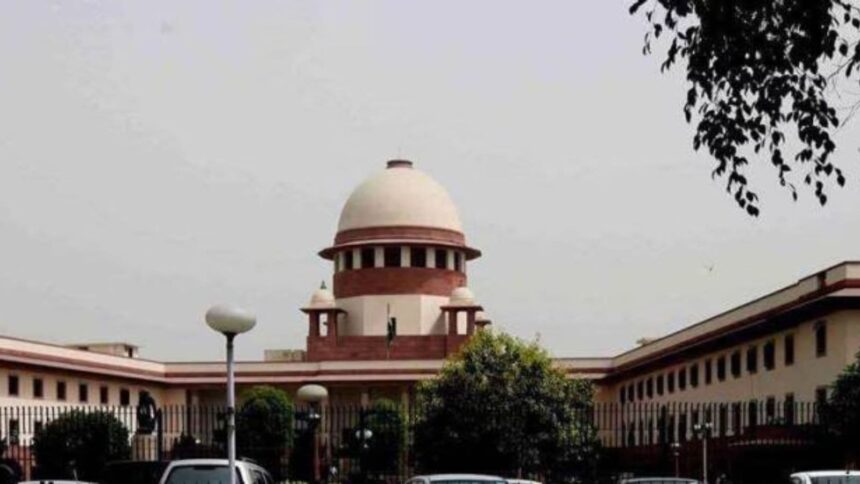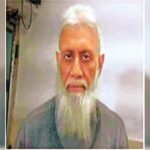Refusing to stay any probable deportation of Rohingya refugees yet again, the Supreme Court on Friday pulled up the petitioner who claimed that a group was forcibly sent back and “pushed into a war zone” in Myanmar by the government, saying “it is a very beautifully crafted and drafted story” “when the country is passing through such a difficult time”.
A two-judge bench of Justices Surya Kant and N K Singh said there is a “serious dispute if they are refugees” and also took exception to UN reports being cited, saying “people sitting outside don’t dictate our authority and our sovereignty”.
“There is absolutely no material in support of the vague, evasive and sweeping statements made. Unless the allegations are supported with some prima facie material, it is difficult for us to sit over an order passed by a larger bench,” the bench said in its order, and posted the matter before a three-judge bench on July 31.
The bench also noted that a three-judge bench had already refused to stay their deportations on May 8 and said it did not find any material in the petition to substantiate the claims of forcible deportation.
Appearing for the petitioner, Senior Advocate Colin Gonsalves said that 38 Rohingyas were picked up and forcibly transported to an island in the Andamans and now were in the “war zone”.
“Please show us the material first. We have read the story, a very beautifully crafted and drafted story,” Justice Kant said. “Who was watching them? Who recorded the video?… Petitioner says he was there. How did he come back?” he said.
Expressing the court’s displeasure, Justice Kant said, “When the country is passing through such a difficult time, you come out every day with fanciful ideas. If you have some material please place it on record.”
To this, Gonsalves said there was a telephone call from those deported from Myanmar which the petitioner had recorded. But Justice Kant asked, “Who has verified that these calls are from Myanmar? Cyber criminals sitting in India keep calling from US, UK, Dubai numbers etc. Who has verified it?” Gonsalves said the government can verify it.
“There is a well-known law of evidence in this country. In writ matters, of course, we have a very liberal approach. Please tell us who is telling you, from where this information has come, who will verify and who says I have personal knowledge of this?” said Justice Kant.
Gonsalves cited the case of Chakma refugees but the top court said that the Government of India had given a commitment in writing to the court to grant them citizenship and asked if there’s any such commitment in this case.
Justice Kant said each matter has to be examined in their context and added, “First of all, there is a serious dispute if these persons are refugees or not.” Gonsalves argued that they are refugees and were issued cards by the UNHCR. The court, however, said the petitioner can supply the materials with him to the Attorney General and Solicitor General for forward transmission to authorities concerned.
He reported from the Delhi High Court and the Supreme Court of India during his first stint with The Indian Express in 2005-2006. Currently, in his second stint with The Indian Express, he reports from the Supreme Court and writes on topics related to law and the administration of justice. Legal reporting is his forte though he has extensive experience in political and community reporting too, having spent a decade as Kerala state correspondent, The Times of India and The Telegraph. He is a stickler for facts and has several impactful stories to his credit.








